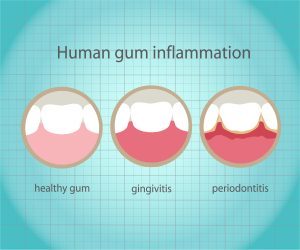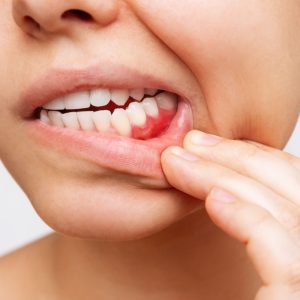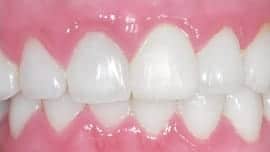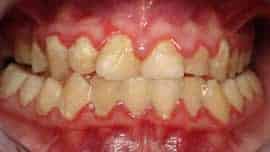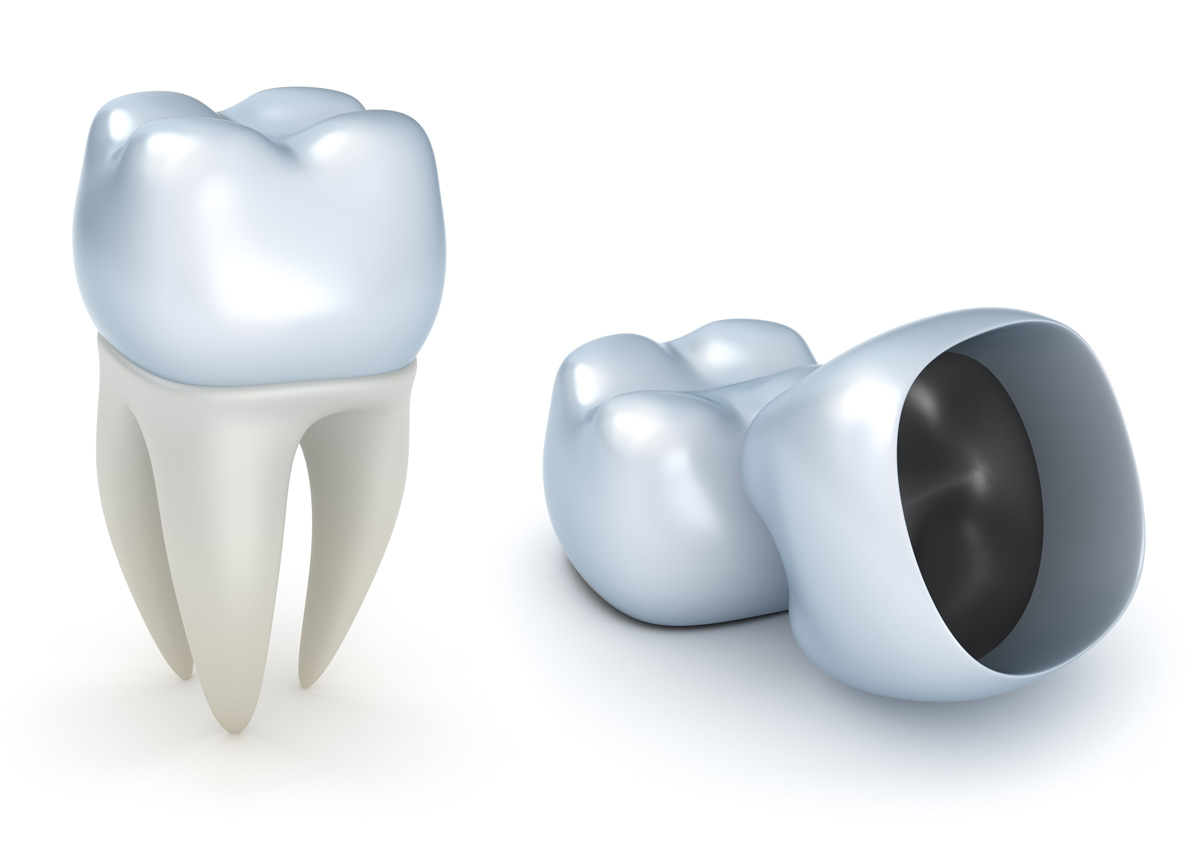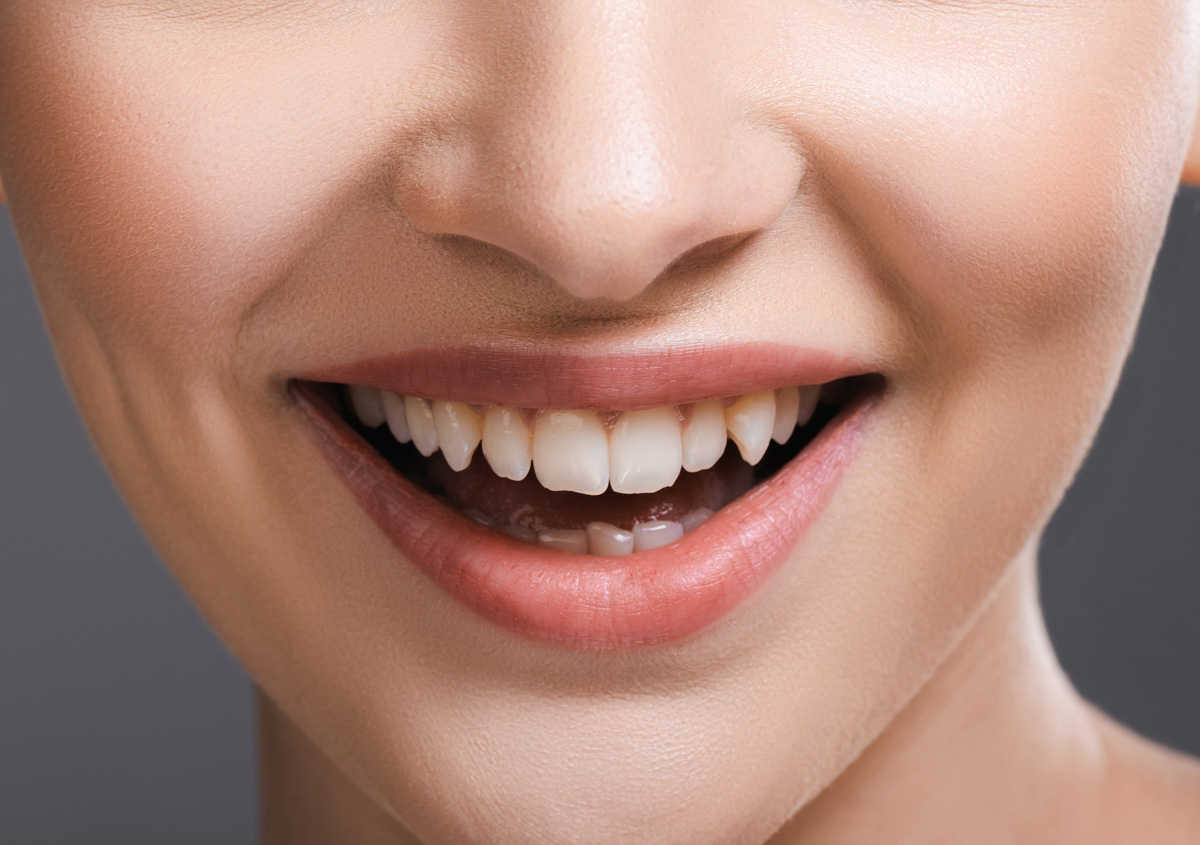Consequences of Untreated Periodontal Disease
Neglecting periodontal disease can have serious ramifications for both your oral health and overall well-being. Here are some of the potential consequences if periodontal disease is left untreated:
- Tooth Loss: As the disease progresses, the supporting structures around your teeth weaken. This can lead to teeth becoming loose and, in severe cases, falling out.
- Bone Loss: The bone that anchors teeth in the jaw can erode over time due to the ongoing infection. This can alter the shape of your face and lead to further dental issues.
- Gum Recession: As the gums pull away from your teeth, more of the tooth’s root is exposed. This can lead to increased sensitivity and aesthetic concerns.
- Chronic Bad Breath: Persistent bad breath (halitosis) is a common symptom of advanced periodontal disease. It’s caused by the bacteria that thrive in the pockets around the teeth.
- Infection Spread: The bacteria from periodontal disease can enter the bloodstream and potentially cause infections in other parts of the body. This can be particularly risky for individuals with compromised immune systems.
- Difficulty Chewing and Speaking: Loose or missing teeth can make it challenging to bite and chew food properly. It can also affect speech patterns.
- Aesthetic Concerns: The changes in the gum line and potential tooth loss can significantly alter the appearance of your smile.
- Diminished Quality of Life: Periodontal disease can have a substantial impact on your overall quality of life. It can lead to discomfort, self-consciousness, and a reduced ability to enjoy your favorite foods.
- Increased Healthcare Costs: Treating advanced periodontal disease often involves more extensive and costly procedures. It’s more cost-effective to address the issue in its earlier stages.
- Impact on Systemic Health: Some studies suggest a link between periodontal disease and other systemic health issues, including heart disease and diabetes. While the exact nature of this connection is still being studied, maintaining oral health is crucial for overall well-being.
Treating & Preventing Periodontal Disease at Briglia Dental Group
Proper Oral Hygiene
The best treatment for periodontal disease is prevention. Dr. Briglia suggests all his patients practice proper at-home oral hygiene to prevent oral health issues like periodontal disease. Proper oral hygiene includes:
- Brushing for at least two minutes twice a day
- Flossing at least once a day
- Rinsing between meals
Regular Professional Cleanings & Dental Exams
Even patients with the most diligent at-home dental care routines can develop oral health issues. You shouldn’t rely solely on at-home care, as the untrained eye can easily miss issues that start below the surface such as periodontal disease. To effectively protect your smile and get the most out of your at-home care, visit Dr. Briglia at least twice a year or once every six months for regular professional cleanings and dental exams.
Periodontal Maintenance
Periodontal maintenance is a specialized dental cleaning for those who have undergone gum disease treatment. It involves removing harmful bacteria, plaque, and tartar to prevent gum disease recurrence. Scheduled every three to four months by Dr. Briglia, these regular cleanings help maintain gum health, reduce tooth loss risk, and promote good oral hygiene.
Lifestyle Changes
Additionally, you can help prevent gum disease by changing your daily habits to promote your overall health and well-being. Some changes you may consider incorporating into your life to prevent gum- disease may include:
- Staying hydrated
- Reducing your sugar intake
- Exercising regularly
- Stopping tobacco use
- Limiting or ceasing alcohol consumption
Root Planing & Scaling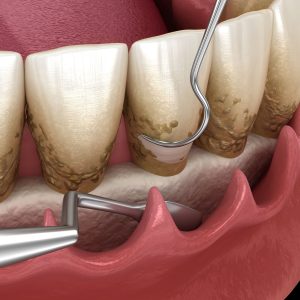
To treat periodontal disease, Dr. Briglia recommends non-surgical periodontal services, including a deep cleaning method called root planing and scaling. Root planing and scaling is a process where your dentist removes excess plaque, tartar, and bacteria from around your teeth and below the gum line to remove and stop the infection.
During the scaling phase of the procedure, your West Chester dentist will remove the bacteria from beneath your gum line and around your teeth. In the root planing phase, your roots will be smoothed to help prevent bacteria from reaccumulating and to help your gums reattach to your teeth. Not only will this process help remove bacteria-laden plaque and tartar to enhance your oral health, but it will also drastically improve the appearance of your smile.
Antimicrobials
For moderate or advanced gum disease, antibiotic therapy often works in conjunction with scaling and root planing. Powerful antimicrobial rinses, gels, powders, or controlled-release products are placed under the gum line or applied to diseased pockets of gum tissue. These reduce bacterial load and help tissues heal after deep cleanings.



